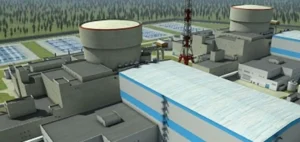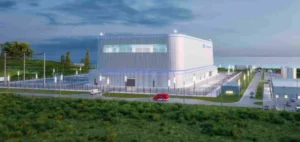Estonia is accelerating its energy transition. In this context, the country is turning to nuclear power. NuScalePower (NuScal) and FermiEnergia sign a memorandum of understanding for the development of SMR in Estonia.
A favorable context for nuclear power
The European Union wants to achieve carbon neutrality by 2050. It is in this perspective that Estonia wishes to acquire the means, such as nuclear power, to achieve this.
Despite the debates around nuclear power, this does not prevent it from developing. Thus, SMR technology could meet the country’s energy needs while limiting its emissions.
Estonia’s goal is to have year-round C02-free energy, hence the deployment of nuclear power. Especially since the country wants to stop using oil shale in its power plants by 2030. He wants to produce a “clean” energy.
NuScal and FermiEnergia collaborate in Estonia
Both companies, NuScal and FermiEnergia, are thus involved in the development and deployment of nuclear power through SMR. Through this agreement, they can consolidate their orders while participating in the carbon neutrality that Estonia wants.
NuScal deploys a variety of solutions to meet the energy needs of its customers. The company has been involved in the deployment of carbon-free energy solutions since its founding in 2007.
While FermiEnergia wants to offer decarbonized energy solutions to its Baltic customers. Thus, since 2019, it has been conducting studies regarding the possible deployment of RMS in Estonia. With this agreement, it intends to deploy a nuclear power plant by 2031.






















